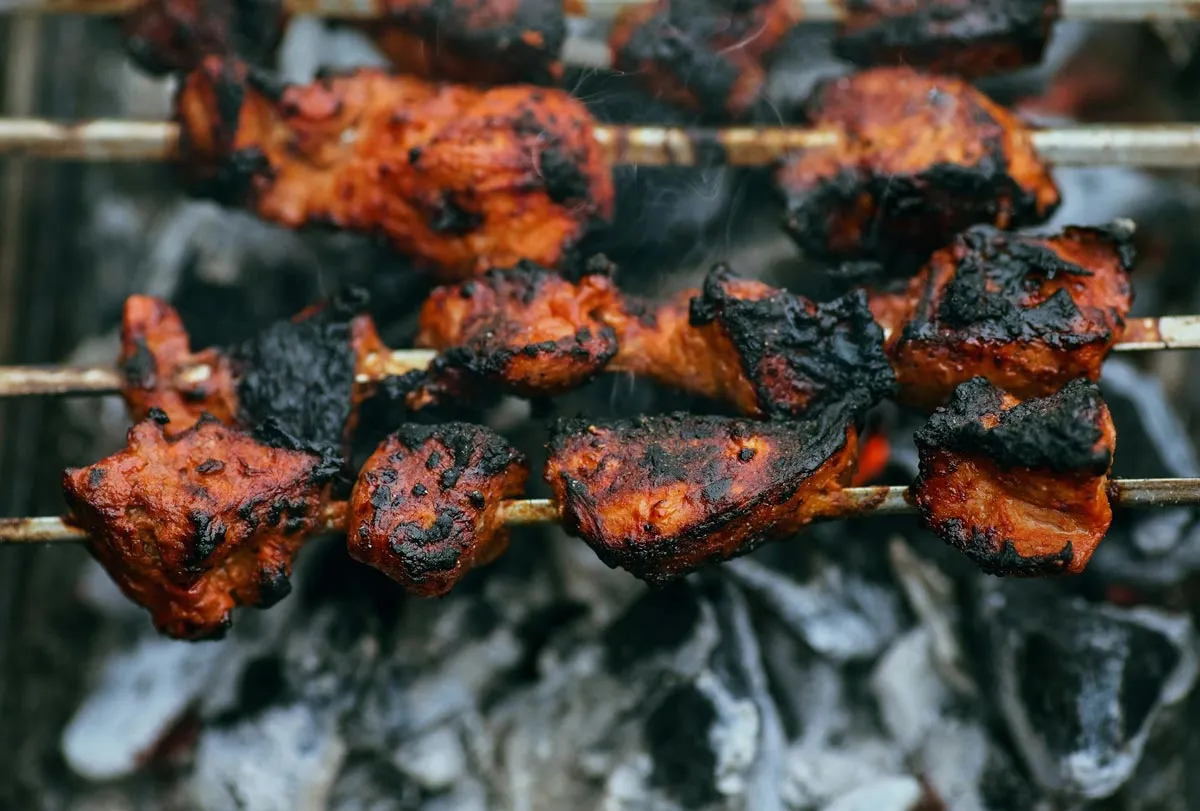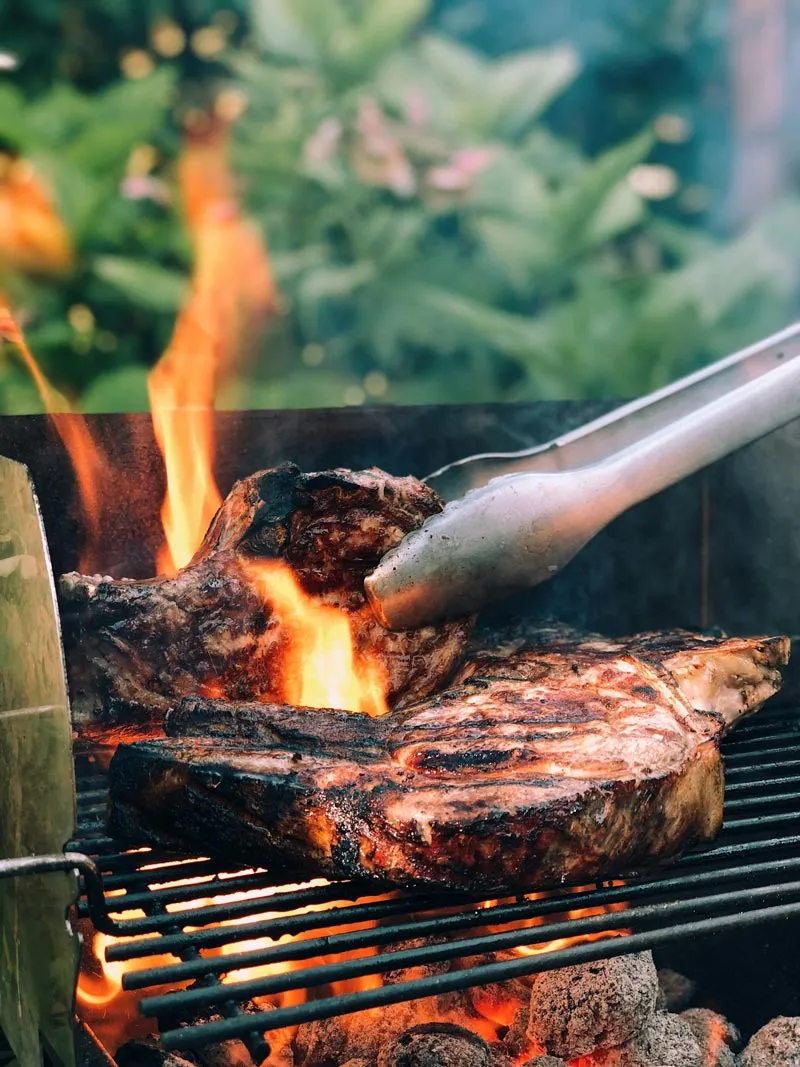
We’ve all enjoyed those slightly charred bites of food that seem to have an irresistible charm. But is it safe to eat? Many claim that burnt food can cause cancer. Let’s dive into the truth behind this claim.
1. How Much Harmful Substances Are in Burnt Food?
For food, the right temperature can bring out the best in flavor and safety:
- Kills pathogens and parasites, making food safer.
- Softens fibers and denatures proteins, enhancing taste and digestibility.
- Generates aromatic compounds and colors, making food more appealing.
However, excessive heat can destroy beneficial nutrients like vitamins C, B, and unsaturated fatty acids, while producing harmful compounds, including carcinogens.
120°C: The Emergence of Acrylamide
Acrylamide, classified as a Group 2A carcinogen by the World Health Organization, forms when carbohydrate-rich foods (like potatoes and bread) undergo high-temperature cooking. The Maillard reaction not only gives food its brown color and delicious flavor but also produces acrylamide. The darker and more aromatic the food, the higher its acrylamide content.
200°C: The Formation of Heterocyclic Amines (HCAs)
Protein-rich foods such as chicken, beef, pork, and fish, when heated above 200°C, can generate HCAs, linked to various cancers like colon, breast, and prostate cancer. The longer and hotter the cooking process, the more HCAs are produced.
300°C: The Creation of Benzo(a)pyrene
Fatty foods like lamb or fish, when exposed to temperatures over 300°C, undergo chemical reactions producing polycyclic aromatic hydrocarbons (PAHs), with benzo(a)pyrene being a well-known Group 1 carcinogen. This compound forms abundantly in the smoke from grilling, especially when fats drip and burn.
2. Does Eating Burnt Food Guarantee Cancer?
Not necessarily. Cancer risk is a probability, but for any individual, it’s either a yes or no. Burnt food certainly contains carcinogens, but the exact quantity that increases cancer risk remains unclear. Occasional consumption may not necessarily cause cancer, but it’s best to minimize intake. The nutritional value of burnt food is also negligible.
3. Reducing Carcinogens in Your Diet

To lower the formation of carcinogens in your diet:
- Avoid cooking at excessively high temperatures and burning food.
- Enjoy grilled foods occasionally, but follow these tips to reduce carcinogen formation:
- Marinate with spices like garlic, ginger, and lemon juice, which can enhance flavor and contain antioxidants that inhibit carcinogen formation.
- Pre-cook food in a microwave or oven to reduce grilling time.
- Keep food away from flames to prevent direct contact with burning fat, which produces harmful smoke.
- Ensure proper ventilation to reduce smoke exposure to food.
- Wrap food in foil to prevent fat drippings and reduce carcinogen formation.
- Turn food frequently to avoid prolonged contact with high heat and ensure even cooking.
Balancing your diet with vegetables and fruits while enjoying grilled foods can help maintain a healthy lifestyle.

